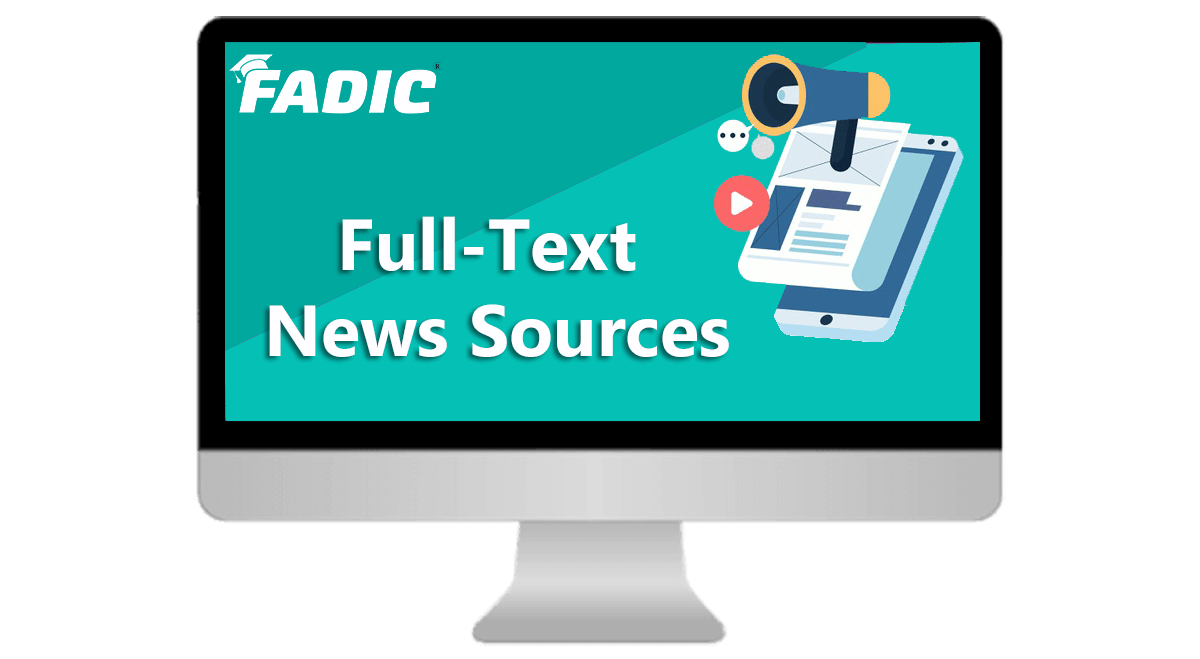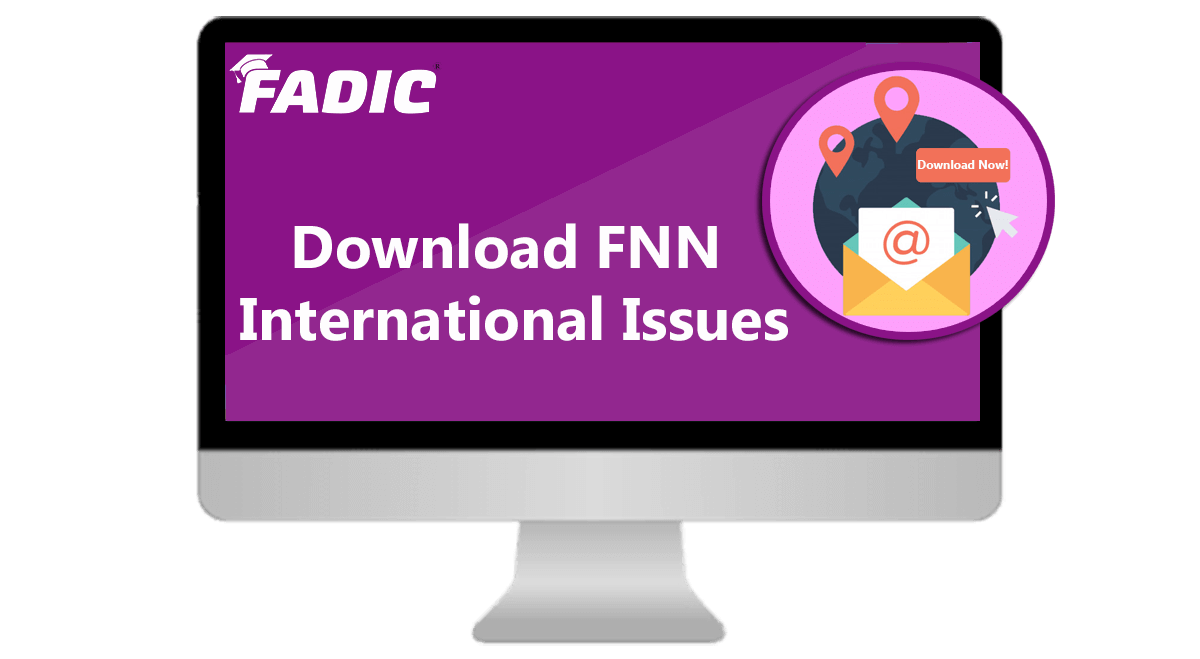3- Wednesday Research News – 4th August
1 – BNT162b2 Vaccination efficacy is marginally affected by the SARS-CoV-2 B.1.351 variant in fully vaccinated individuals
- Israeli has vaccinated over 80% of its adult population, with two doses of the Pfizer BNT162b2 vaccine.
- This intervention has been highly successful in curtailing the coronavirus 2 outbreak.
- One major concern is the ability of the virus to mutate which potentially can cause SARS-CoV-2 to partially escape from the immune system.
- Here they evaluate the efficacy of the Pfizer vaccine against the B.1.351 variant.
- Despite the concerns caused by the B.1.351 variant, the BNT162b2 vaccine seems to provide substantial immunity against both that variant and the B.1.1.7. Our results suggest that from 14 days following the second vaccine dose the efficacy of BNT162b2 vaccine is at most marginally affected by the B.1.351 variant.
Source: MedRxiv
2- SGLT2-Inhibition reverts urinary peptide changes associated with severe COVID-19: an in-silico proof-of-principle of proteomics-based drug repurposing
- Severe COVID-19 is reflected by significant changes in multiple urine peptides. Based on this observation, a clinical test based on urinary peptides predicting COVID-19 severity, CoV50, was developed and registered as IVD in Germany.
- They have hypothesized that molecular changes displayed by CoV50, to a large degree likely reflective of endothelial damage, can be significantly reversed by specific drugs.
- In a study population without COVID-19, empagliflozin demonstrated a partial, yet significant reversion of the CoV50 signature, indicating a potential benefit in the context of severe COVID-19.
Source: MedRxiv
3- Prevention and Control of Acute Respiratory Viral Infections in Adult Population: A Systematic Review and Meta-Analysis on Ginseng-Based Clinical Trials.
- Acute respiratory infections are continuously emerging.
- This paper aims to evaluate the therapeutic effectiveness of ginseng for the prevention and control of acute respiratory illness including SARS-COV-2 in the adult population.
- Ginseng was found to be effective in the reduction of risk by 38 % and 3-days shorter duration of acute respiratory illness (ARI) in all trials than placebo.
- As the world continues to race to find a cure, it is important to consider the use of ginseng which has been proven over the years to be effective in the treatment of acute respiratory illnesses.
- Further studies should however be conducted to determine the right dosage to improve efficacy and prevent adverse events.
Source: MedRxiv
4- A telehealth-based randomized controlled trial: A model for outpatient trials of off-label medications during the COVID-19 pandemic
- SARS-CoV-2 is a novel coronavirus disease (COVID-19) that presents with fever, cough, and shortness of breath, and has a mortality rate of 2-4%.
- Outcomes are worse among the elderly and those with cardiovascular, respiratory, cancer and other co-morbidities.
- Several treatments are also emerging as promising therapeutic candidates, hydroxychloroquine and azithromycin – both available as generic pills and widely used for other indications – are potential options for treatment.
- A small randomized controlled trial (RCT) of hospitalized patients suggests chloroquine may be superior to placebo in promoting viral elimination and shortening disease course.
- Hydroxychloroquine is preferred to chloroquine in the U.S.
- A small non-randomized trial found azithromycin had a clinical benefit.
- When azithromycin and hydroxychloroquine are given together, they can cause cardiac side-effects that limit use in the outpatient setting.
- These drugs, however, have independent potential benefits against COVID-19 that require more rigorous study before either is considered standard of care.
Source: Sage Journals
5- Alternative models and randomization techniques for Bayesian response-adaptive randomization with binary outcomes
- Bayesian response-adaptive designs, which data adaptively alter the allocation ratio in favor of the better performing treatment, are often criticized for engendering a non-trivial probability of a subject imbalance in favor of the inferior treatment, inflating type I error rate, and increasing sample size requirements.
- The implementation of these designs using the Thompson sampling methods has generally assumed a simple beta-binomial probability model in the literature; however, the effect of these choices on the resulting design operating characteristics relative to other reasonable alternatives has not been fully examined.
- Motivated by the Advanced R2 Eperfusion STrategies for Refractory Cardiac Arrest trial, we posit that a logistic probability model coupled with an urn or permuted block randomization method will alleviate some of the practical limitations engendered by the conventional implementation of a two-arm Bayesian response-adaptive design with binary outcomes.
- In this article, we discuss up to what extent this solution works and when it does not.
Source: Sage Journals
6- Strategies for facilitating the delivery of cluster randomized trials in hospitals: A study informed by the CFIR-ERIC matching tool
- Recruitment and engagement of clusters in a cluster randomized controlled trial can sometimes prove challenging.
- Identification of successful or unsuccessful strategies may be beneficial in guiding future researchers in conducting their cluster randomized controlled trial.
- This study aimed to identify strategies that could be used to facilitate the delivery of cluster randomized controlled trials in hospitals.
- This study was intended as a step in the research agenda aimed at facilitating cluster randomized controlled trial delivery in hospitals and can act as a resource for future researchers when planning their cluster randomized controlled trial, with the expectation that the strategies identified here will be tailored to each context.
Source: Sage Journals

- Read more from FADIC Blog, with many articles with evidence based articles.
- Learn More Through FADIC® – Online Programs & Mini-Courses.
- Listen Now to FADIC Podcast focusing on varieties of pharmacist perspectives in specialties.
- Read More Now about FADIC Pharmacy Events to get more Experience.
Course Copyrights:
All Courses is meant for SINGLE user use only.
If more than one person acceced this course, they will be BLOCKED Forever.
FeedBack
FADIC 2021 Clinical Research FNN E-News
Directed By/ Rasha Abdelsalam
The FADIC Pharmacy’s Clinical Research FNN E-News works like this:
- Each business morning, you receive an email message with the text of that day’s FNN.
- The message has a link to a PDF file that can be viewed or printed format.
- Issues for the past reports.
Each and every business day, things change!!
- More articles are published
- New drugs are approved
- Research is presented at medical meetings, policy decisions affecting practice are debated and confirmed.
By subscribing to the FADIC 2020 Pharmacotherapy Daily News (FNN), a daily publication of the Daily News Network “FNN” will be sent to your Email.
📑 Sample of Monthly Newsletter 📥
You can keep up with what’s important
- You need not to be disturbed with many newsletters crowding your email inbox about everything.
- FADIC FNN’s provides you with each business day with a morning email summary of developments in all the areas critical to your clinical practice
FADIC 2021 Clinical Research FNN E-News (FNN) Emails Contain:
- Just-published articles in the biomedical literature
- Emphasis on the FOUR weekly major important medical journals such as “Lancet, BMJ, JAMA, and NEJM”
- In addition to the two internal medicine journals as“Annals and JAMA Internal Medicine”
- Finally, the leading journals in medical speciality areas such as: “IDSA, JACCP, Annals of Pharmacotherapy, and others”.
- News briefs covering newly approved drugs, warnings and recalls announced by FDA, Saudi FDA, research at medical meetings.
- Lastly, other important news from International Organizations such as “CDC, WHO, and others”.
Why FADIC 2021 Clinical Research E-News ?
- It helps to keep up with the literature!
- Provide you with the Updated with the latest in your clinical practice. Wherever you are, and Whenever you need!
- Help you to share in the advance in clinical career. In addition to adding an impressive image to the pharmacists all-around!
Subscribe to FADIC 2021 Clinical Research FNN E-News, for a publication of News
Read & Download FNN Issue 8 of April 2020 FNN News
With FADIC 2021 Clinical Research FNN E-News, you Will …

Receive email notification everyday morning
As we all know, the world of clinical research is changing constantly. All medical news, clinical guidelines, and updates become available in your daily medical news issue.
You can read & download news every day
You can access your daily medical everyday morning, once you receive the email notification in the morning, and entre the website, and download your news issue.
You can print your daily news for work
You will receive your FNN daily medical news from international journals, and you can print it and share the latest journal club in your
The full-Text source will be available for you
If you need to know any further details or full-teat for any news, you can open the corresponding links that support you with further details.
You’ll Also Get These Awesome Bonuses…
Bonus #1. Download monthly FNN international issues (Value 300$)
As well as the daily news, there will be a monthly issue with the most important news all over the month, that will help you to stay updated, you can download it and print.
Bonus #2. Your FNN website account support (200$ Value)
You will have your own account in FNN Medical news, in FADIC website, that enables you to follow up on all the previous or missed issues, and read them to catch up on any missed news and download all of them.
Subscribe NOW in FNN – Special Offers for Group and Organisational Subscription
Course Copyrights:
All Courses is meant for SINGLE user use only.
If more than one person acceced this course, they will be BLOCKED Forever.

 Log in
Log in Sign up
Sign up



